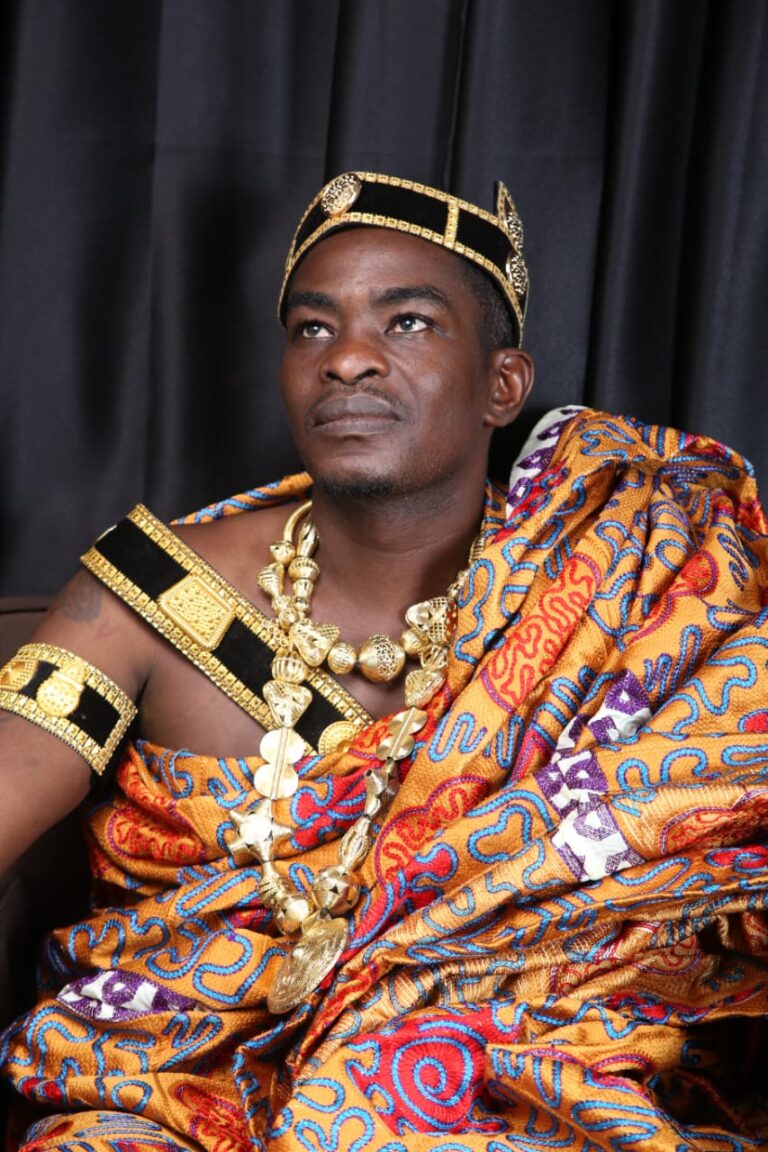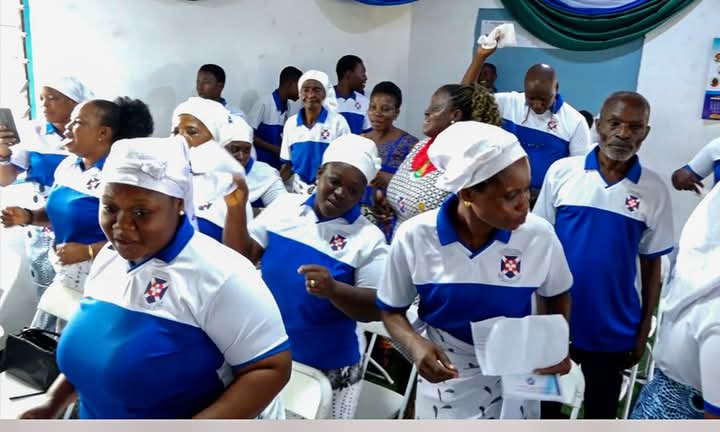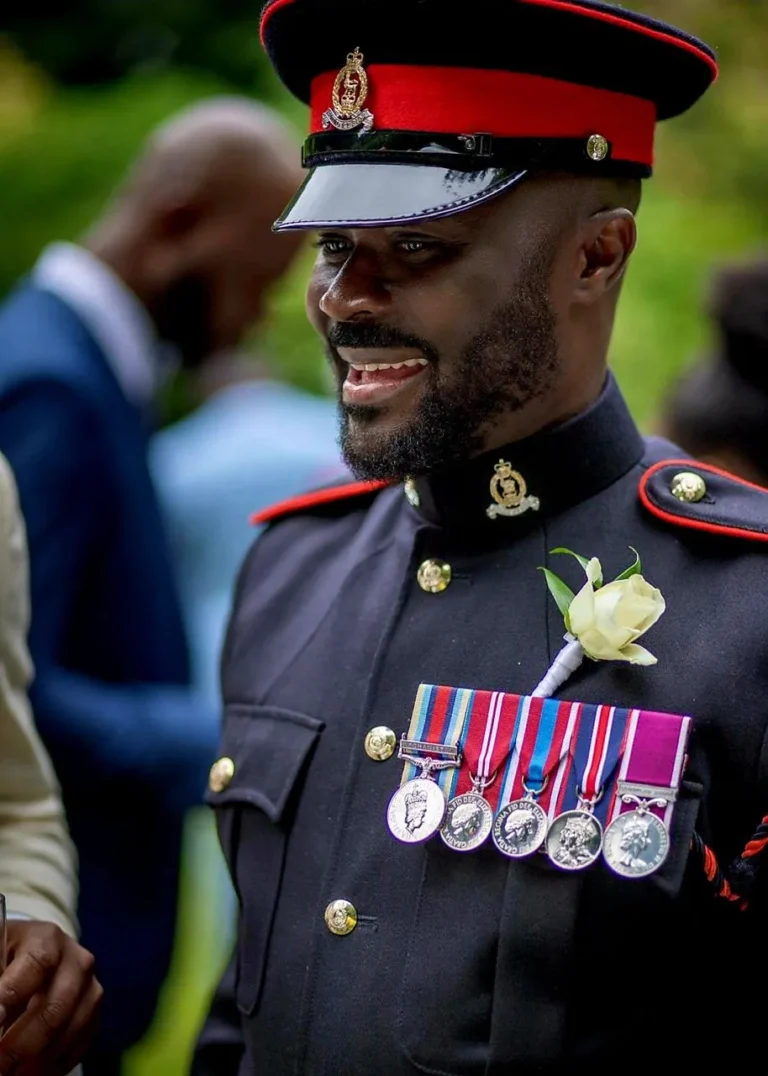
"Wontumi Must Go, Says Former Subin NPP Parliamentary Candidate"
JB Danquah, a former parliamentary aspirant for the New Patriotic Party (NPP), is calling for a drastic overhaul of the party’s leadership.

He believes that the party’s poor performance in the 2024 general elections, particularly in the Ashanti region, is a clear indication of widespread discontent among voters. Danquah is specifically targeting the Ashanti regional chairman, Bernard Antwi Boasiako, also known as Chairman Wontumi, whom he believes has no business leading the party.
Danquah’s concerns are echoed by Dr. Mahamudu Bawumia, the NPP’s presidential candidate, who noted that the party lost over two million votes in the 2024 general election compared to 2020. The party’s stronghold in the Ashanti region, where its running mate, Dr. Matthew Opoku Prempeh, hails from, failed to deliver the necessary votes, ultimately leading to the party’s defeat.
The Electoral Commission Chairperson, Jean Mensa, declared Dramani Mahama the winner of the December 7, 2024, general election, with a total of 6,328,397 votes. In contrast, Dr. Mahamudu Bawumia received 4,657,304 votes. Mahama’s party, the National Democratic Congress (NDC), achieved historic success by gaining a majority in Parliament.
Danquah is advocating for a complete reset of the party, including changes to its leadership and voting patterns. He believes that the current system, which he refers to as “moneyocracy,” is destroying the party and must be eradicated. Danquah’s comments are a clear indication that the NPP is facing significant internal challenges, and it remains to be seen how the party will respond to these concerns.
The NPP’s history is marked by periods of significant growth and decline. Founded in 1992, the party has been a major force in Ghanaian politics, with notable leaders like John Kufuor and Nana Akufo-Addo ¹. However, the party’s recent performance has raised questions about its ability to adapt to changing political landscapes.
In the 2024 general election, the NPP faced significant challenges, including a decline in voter turnout in key regions like the Ashanti. The party’s leadership has been criticized for being out of touch with grassroots supporters, and Danquah’s comments are a reflection of these concerns.
As the NPP looks to rebuild and rebrand itself, it will be important for the party to address the concerns of supporters like Danquah. This may involve significant changes to the party’s leadership and voting patterns, as well as a renewed focus on grassroots engagement and community development.
Ultimately, the NPP’s ability to adapt to changing political circumstances will determine its future success. As the party navigates this critical period, it will be important for leaders to listen to the concerns of supporters and to work towards building a more inclusive and responsive party.

Other stories
-
Ghana Tightens Passport Security: Recall of Diplomatic and Service Passports Announced
-
Nii Kwei Releases Uplifting “The Praise Medley,” a Celebration of God’s Goodness
-
NDowuona Music Unveils Heartfelt Single “Odo,” a Testament of Divine Love
-
Diabetic Nephropathy: Causes, Symptoms, and Treatment Options
-
Pulmonary Function Test: A Comprehensive Guide





